After graduate school ended I discovered two things: reading for pleasure (instead of homework) was delightful again, and I had completely lost my taste for protagonists who didn’t worry about money. I used to lap up literature about fancy parties, poolside trysts, and the existential crises that inevitably come when characters don’t ever seem to work. Sunk into an abyss of student loan debt, and struggling to make ends meet by taking care of wealthier families’ children, I started instead to seek out more relatable stories for my subway commutes from Brooklyn to the Upper East Side. Books where characters have to work for as long of hours as I did, despite whatever else is going on in their lives. Books where if they don’t, it’s not an existential crisis that occurs, but an actual struggle for survival.
My novel, Devotion, follows a young Brooklyn transplant from a truck stop town in rural Oregon (much like myself at the time). Ella has an empty bank account and a maxed-out credit card when she’s offered a job as a nanny for a wealthy Upper East Side couple. From her new intimate vantage point Ella begins to observe everything she never had and what she finds both fascinates and infuriates her.
Here are seven novels I adore that dig into the life of the working class.

Bad Marie by Marcy Dermansky
This is, so far, my favorite book I’ve come across about a nanny. Marie, newly released from jail at 30, is figuring out how to be an adult for the first time, with no safety net. She lands a job as a nanny for the young daughter of a friend who pities her—who, in fact, has pitied her whole life. When Marie falls for the friend’s woefully inept husband, everything is thrown dangerously off the rails. Marie’s real love story has nothing to do with the husband, however. She has actually fallen for Caitlin, her almost-two-year-old charge, and their relationship is captivating and increasingly heartbreaking.
Have you ever cleaned up someone else’s baby’s diarrhea in a public restroom? I have, and so has Marie.
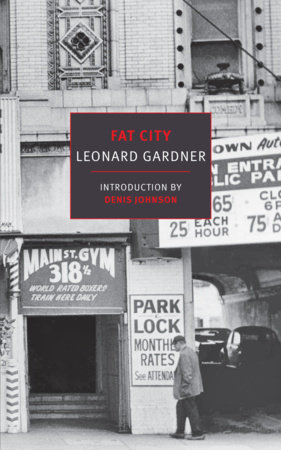
Fat City by Leonard Gardner
This is the story of two boxers in Stockton, California. At 29, despite his talent, Tully’s boxing career never seemed to get started. He already feels his life is over. Living in cheap motels after his divorce, eating hot dogs from cafeterias, and catching jobs topping onions and picking walnuts on the farmland that surrounds Stockton, he stumbles into a co-dependent, alcohol-fueled relationship with a woman he picks up at a bar. Meanwhile, the hopeful and younger Ernie’s career seems to be taking off. Though you want to root for Ernie, it’s hard not to read Tully as a manifestation of Ernie’s future, and therein lies the tragedy.
This novel contains some of the best dialogue I’ve ever read, and certainly the best descriptions of physical labor.
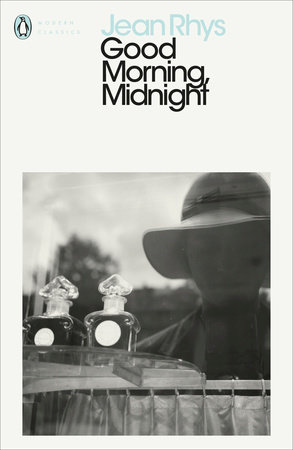
Good Morning, Midnight by Jean Rhys
Sasha Jansen is middle-aged in a society that has only ever kept her afloat because of her looks. She was hired at one time to be a mannequin in a clothing store, standing achingly still for hours on end. Now she spends her days living as cheaply and invisibly as possible, in sordid hotel rooms, while coming as close to starving herself as she can and sleeping her days away to conserve energy. Just when she thinks a man might buy her dinner she makes the mistake of mentioning how hungry she’s been. The man enters a taxi and takes off without her: “And did I mind? Not at all. If you think I minded, then you’ve never lived like that, plunged in a dream, when all the faces are masks and only the trees are alive and you can almost see the strings that are pulling the puppets. Close up of human nature—isn’t it worth something?”
Told in a lyrical, experimental style that drifts around in time and throughout spaces much like Sasha, this book feels shockingly modern. And I can’t even talk about the ending. It’s too good and too awful. You’ll have to see for yourself.
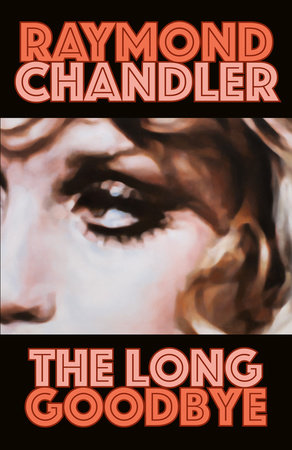
The Long Goodbye by Raymond Chandler
Private investigator Philip Marlowe has always struck me as a working-class hero. Marlowe spends the length of The Long Goodbye (as well as The Big Sleep) tossed around from place to place doing the dirty work of the wealthy so they don’t have to.
This book contains some of the most seething class commentary I’ve come across: “There’s always something to do if you don’t have to work or consider the cost. It’s no real fun but the rich don’t know that. They never had any. They never want anything very hard except maybe somebody else’s wife and that’s a pretty pale desire compared with the way a plumber’s wife wants new curtains for the living room.”
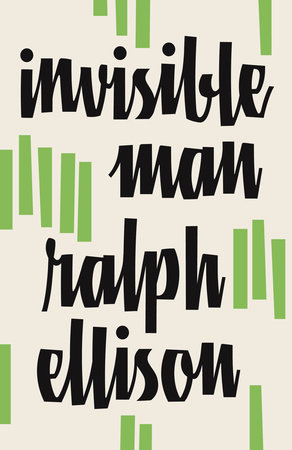
Invisible Man by Ralph Ellison
Like so many others I fell in love with this classic in the first chapter, captivated by a narrator squatting in an abandoned basement on the border of Harlem, wiring every square inch of his ceiling with filament light bulbs in order to steal energy from the electric company. The way Ellison portrays the narrator’s employ at a paint factory famous for its Optic White shade is brilliantly multi-layered—criticizing capitalism, grunt work, and the whitewashing of racism in America all at the same time.

The Assistant by Bernard Malamud
Centering around the Jewish immigrant community in Brooklyn during the years immediately following the Holocaust, this is a dark novel about poverty, trust, and the grim realities of redemption. Set in a small grocery store, Frank Alpine seeks to relieve his guilt from having held up and robbed the place by offering to work without pay for Morris Bober, the impoverished immigrant owner. While Frank works tirelessly to help Morris keep the store afloat, he also begins stealing from the till, and this moral ambiguity—which becomes increasingly more complicated as Frank becomes involved with Morris’s daughter Helen—is what makes the book so absorbing. The characters exist, as writer and editor Jonathan Rosen says, “in an outer borough of Stygian darkness where the inner light of the soul is in constant danger of winking out.”
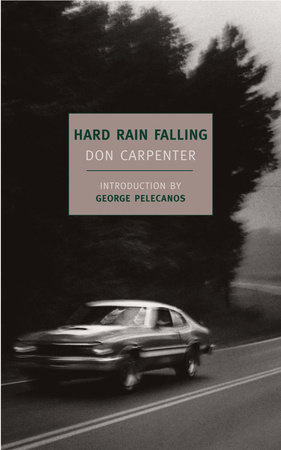
Hard Rain Falling by Don Carpenter
As a native to the Portland area, I was conscious of how the place had changed from a dive-y, working-class city to the white and wealthy paradise Portlandia has made it so famous for today. Writing in the 60’s, Carpenter captures Portland’s seedy pool halls and cheap motels through the eyes of Billy, a young black runaway, and Jack, an orphan who bounces around from reform school to jail to shitty job after shitty job. The two develop an unexpected bond, which Jack is unable to replicate again in his life, even when he attempts to redeem himself.
What I enjoyed most in this novel was reading Jack’s thoughts during the darkest moments of his life. The writing here is stark and grim, speaking to underlying truths about our humanity and the influence of both love and privilege.
The post 7 Novels About Struggling to Make Ends Meet appeared first on Electric Literature.











